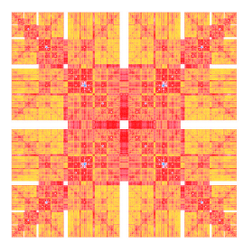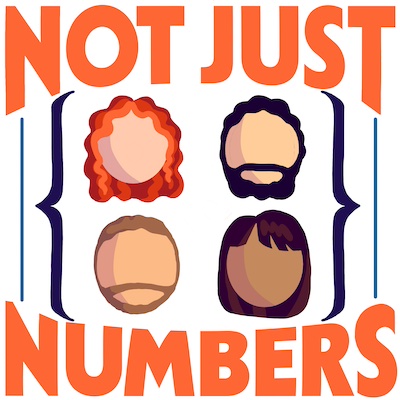Left pipe in Haskell
If you read this blog, you know that I am very biased by having worked with unix shells for almost two decades and that I am addicted to the use of pipes (see e.g. Piping with Swift). I really find much more natural to see data moving from left to right.
Yesterday I was thinking that in Haskell everything is an expression and that you can easily define infix operators. Thus it must be possible to implement a shell-like pipe.
First of all, composition (.) is too strong, the pipe I have in mind is like ($) but reversed. In fact, my second attempt (I feel embarassed by the first, I am not going to post it ;-P) was
($>) = flip ($)
One can immediately check that it is typed correctly as
($>) :: a -> (a -> b) -> b
Now I can do e.g.
import Data.List
[3,1,4,2,2,6] $> sort $> filter (\x -> x < 4) $> map even $> and
and get the result without complaints.
This is just a stupid example but I find it more expressive (again probably because I use too much the shell) than
and . map even . filter (\x -> x < 4) . sort $ [3,1,4,2,2,6]
at least for certain kind of progressive filtering of data.
I am now following fp101x on edX. It is quite good! I will soon(?) post a brief cheatsheet that I made to recall how to use Functors, Monads and other interesting constructs.


